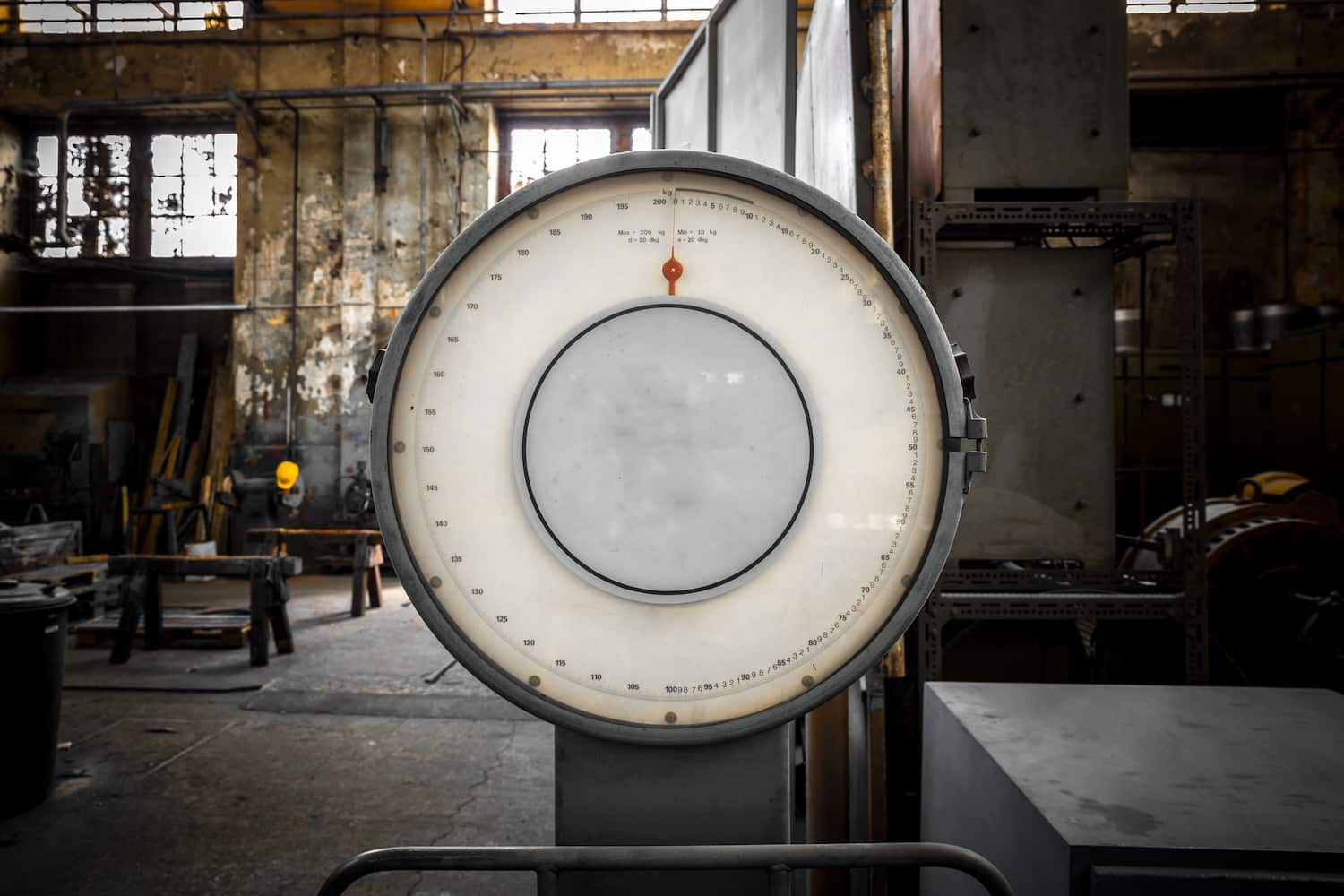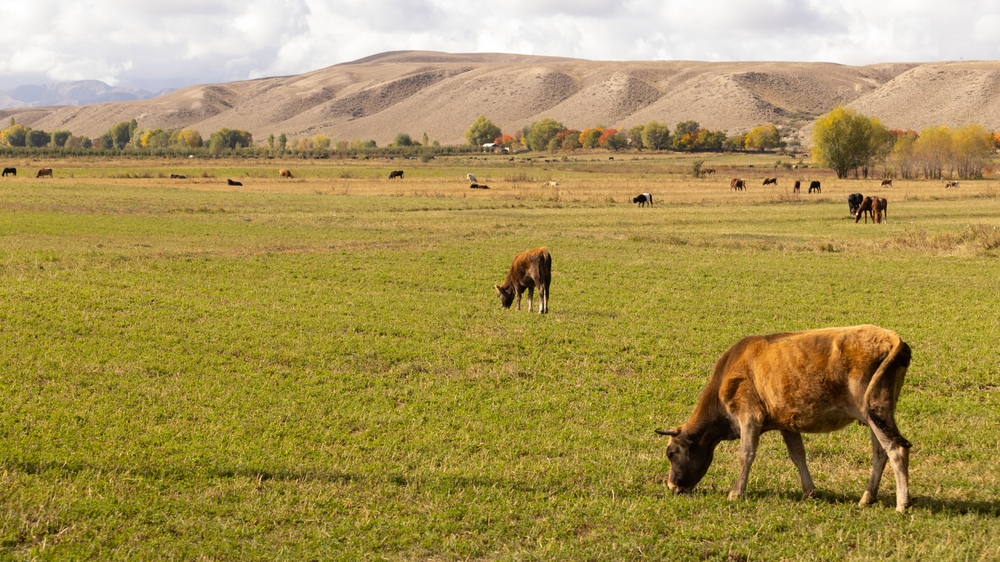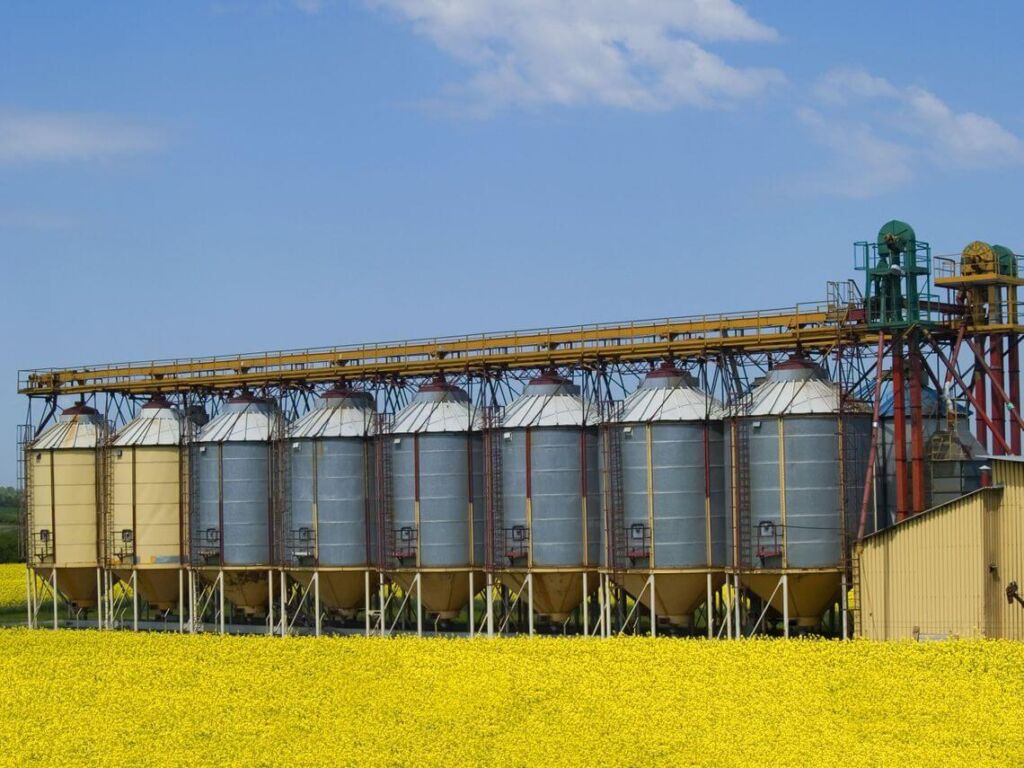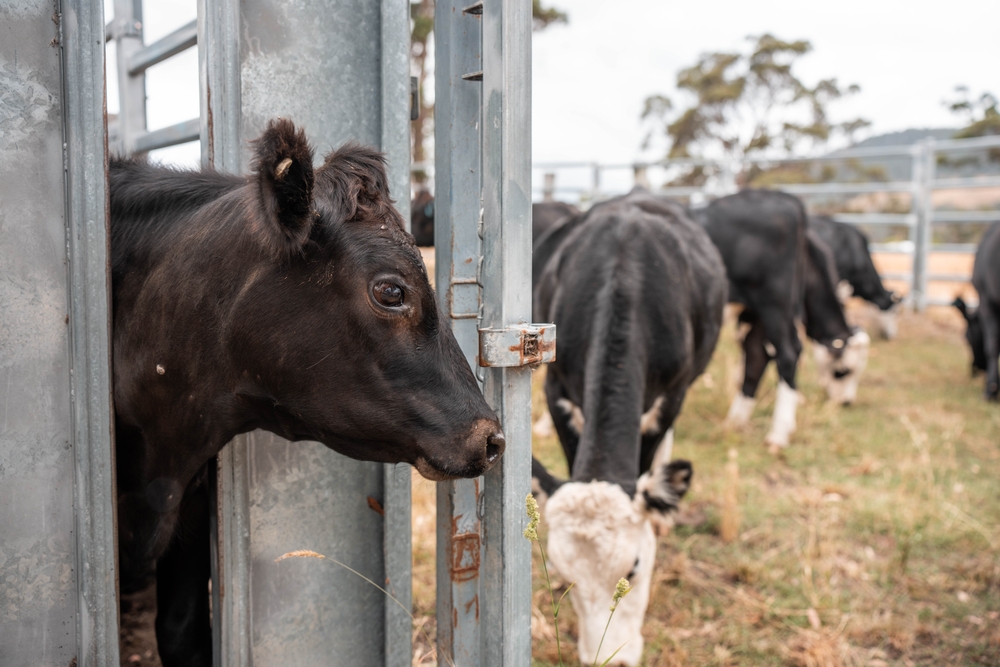Different ways to check your scale is calibrated correctly
Accurate measurements improve customer confidence, reduce stress on your fleet and ensure your business complies with transportation and trade regulations. Here are some ways to ensure the scale you’re using is properly calibrated.
Why calibration is necessary
Calibration is necessary due to scale drift. Like any machine or piece of equipment, your scales will wear down with constant and frequent use. Scale drift is a term used to describe deviations in performance and inaccurate results based on temperature fluctuations, worn parts, humidity, dust and dirt. Even the force of gravity can cause instabilities that affect scales, depending on your location. Regular calibration of your scales can prevent scale drift and wrong readings.
Calibration preparation
Before calibrating a scale, take the following steps:
-
Test the scale at the exact location you wish to use it
-
Allow proper stabilization and let the scale’s electronics warm for at least 30 minutes before testing
-
Perform the tests on a level surface, or level the scale using the unit’s level bubble
Call a professional scale technician if you’re having problems with or are unsure about scale calibration.
How to know if your scale is calibrated
Check a scale every time you move it to a new location, after a repair or adjustment, after heavy use or if you notice a reading that seems off.
The simplest and most common method of checking your scale is to compare its readings against a known entity. Commercial scales often come with standard test weights, which can help you determine if your scale is accurate. Here’s how to use them:
-
Carefully clean the scale and remove and clean the pan. At the same time, check for defects like broken parts and ensure the batteries are charged and in place.
-
Zero the scale.
-
Place a standard test weight on the scale that’s 80 per cent of the scale’s capacity. For example, if you have a scale with a capacity of 10 kilograms, use an eight-kilogram test weight.
-
Check the reading of the scale. Using our example above, if the scale reads above or below eight kilograms, your scale requires an adjustment.
-
Adjust the scale. Scales have internal or external adjustment features. Consult the manufacturer’s instructions.
Having your scales professionally calibrated and maintained by a certified scale expert is the best way to keep your scales in check.
Scale calibration services in Alberta
At Accurate/Western Scale Co. Ltd., our certified weigh-scale technicians provide guaranteed scale calibration and maintenance services for commercial and industrial clients in Alberta. Measurement Canada authorizes us to certify your scales as legal for trade. Contact us today to book an appointment.





